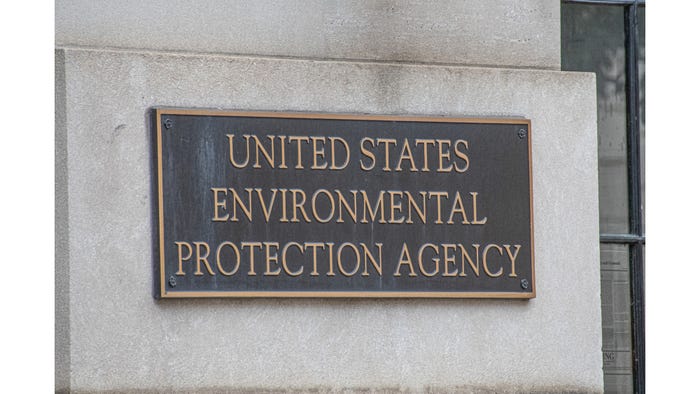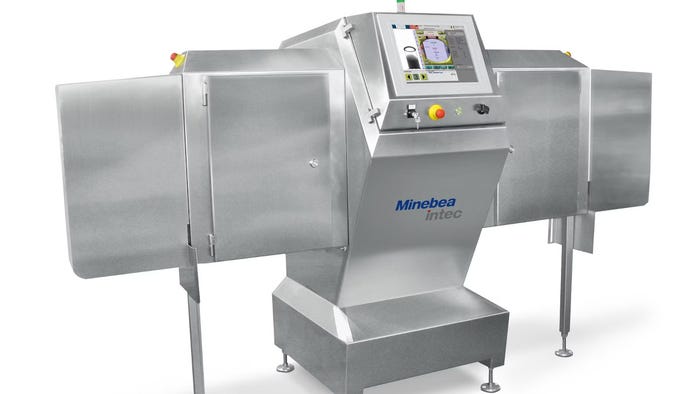Campbell Soup Co. to Close Plant as Part of Supply Chain Optimization PlanCampbell Soup Co. to Close Plant as Part of Supply Chain Optimization Plan
A second plant will downsize.

Campbell Soup Co. has announced plans as part of an ongoing effort to invest in and transform its supply chain to fuel business growth, improve return on invested capital, and enhance the effectiveness and efficiency of its manufacturing and distribution network.
The company is investing in its best-in-class manufacturing sites, leveraging its network of leading co-manufacturing partners, and closing inefficient sites and shifting production to more modern and effective plants as part of the plan.
“To fuel growth and transform our manufacturing and distribution network, we must invest and further strengthen our supply chain,” said Dan Poland, Campbell’s chief supply chain officer. “By leveraging our best-in-class in-house capabilities combined with the expertise of trusted manufacturing partners, we will continue to make the highest quality products, with a more agile, flexible, and cost-effective manufacturing network. We continue to evaluate optimization opportunities across the network to build our supply chain of the future.”
Plant Closures/Downsizing
The Tualatin, OR plant, acquired in 2017 as part of Campbell’s purchase of Pacific Foods, produces Pacific’s organic soup, broth, and plant-based beverages. The site consists of multiple leased buildings of approximately 250,000 square feet. The aging facility and inefficient nature of the site can no longer support the increased consumer demand and continued growth of the business.
Campbell will close the facility in phases and expects to close operations by July 2026, with the first phase to impact 120 of its 330 employees in August 2024. The company plans to move the plant’s soup and broth production to other thermal and aseptic plants in its network and shift plant-based beverage production to leading co-manufacturing partners.
The company’s Jeffersonville, IN, plant will specialize in Late July tortilla chips. Production of kettle potato chips will be moved to Campbell’s Charlotte, NC and Hanover, PA plants. The change will go into effect in July 2024 and will impact approximately 85 of the 230 employees at Jeffersonville. The plant will continue to produce regional snack brands.
In total, the closure of the Tualatin site and the changes to the Jeffersonville plant will impact 415 employees. The company will provide impacted employees with separation benefits and job placement support.
“We recognize this is difficult news for our teams in Tualatin and Jeffersonville. Any action that impacts our people is made with careful deliberation, and we are committed to provide support and assistance during these changes,” said Poland.
$230 Million Investment
To enable the supply chain network of the future and unlock the growth of the business, the company is making capital investments of approximately $230 million through fiscal 2026 at newer, more agile facilities in its network, with approximately $80 million spent to date. These projects are expected to create approximately 210 new roles across the organization and will include new training and development programs for employees.
The projects include:
• Maxton, NC: $150 million investment for new aseptic soup production and 100 new roles
• Hanover, PA: $72 million investment to add additional potato chip kettles and 72 new roles
• Franklin, WI: $8 million investment to expand tortilla chip capacity and 40 new roles
Campbell also previously announced plans to expand production of Goldfish crackers at its Richmond, UT plant. The new line, which is expected to be operational by the end of this year, will increase the bakery’s output of Goldfish crackers by 50% and will add around 80 new roles at the site.
About the Author
You May Also Like




